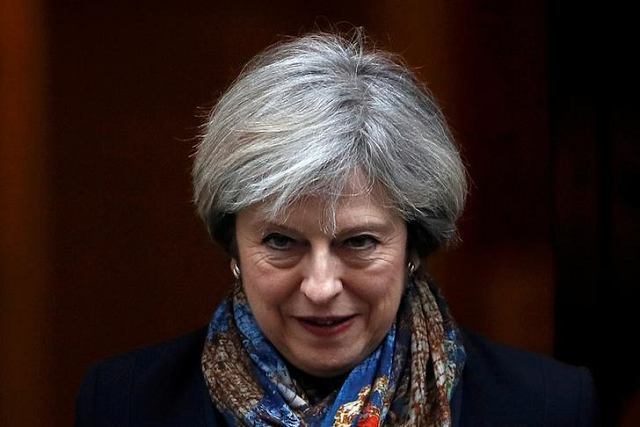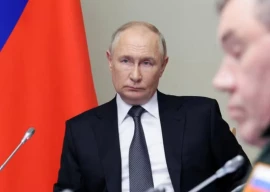
The law has been rushed through both chambers of parliament over the past week and was opposed by the government, which has said it could limit its room for negotiation with the European Union.
"This is a huge dog's dinner," Andrea Leadsom, who represents the government in parliament, told MPs.
"I fundamentally object to it on the grounds that it is totally unconventional," she said.
The law was passed on the initiative of MPs, subverting the normal order in which parliament debates and passes government-proposed legislation.
As a result of the law, the government now must put forward a motion in parliament on Tuesday setting out the delay that it will request at an EU summit on Wednesday.
Merkel to host May for Brexit talks Tuesday: Berlin
MPs will be allowed to vote on this and make their own suggestions as to the length of the delay.
It allows the government to seek any extension from May 22 onwards. Prime Minister Theresa May has asked for a delay until June 30, but ultimately this is up to EU leaders and it could be longer.
The law does not actually prevent a no-deal Brexit when the deadline for Britain runs out on Friday, as that is the legal default if Britain and the EU cannot agree on an extension at the summit.
Brexit must not be frustrated, UK PM Theresa May says
Britain could also choose to stop the entire Brexit process by revoking Article 50, the formal procedure for member states that want to leave.

















COMMENTS
Comments are moderated and generally will be posted if they are on-topic and not abusive.
For more information, please see our Comments FAQ